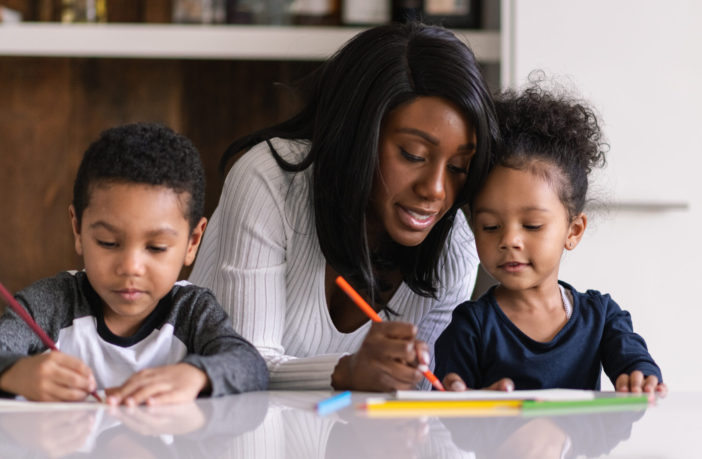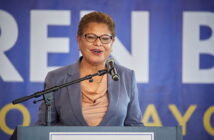by Atiya Jordan
November 2, 2023
In the school year following the onset of the pandemic, more parents took action towards their children’s education.
In the school year following the onset of the pandemic, more parents took action towards their children’s education. Homeschool enrollment rose by 30%, according to an Urban Institute study, and continues to soar as the country’s fastest-growing form of education.
During the COVID-19 pandemic, homeschooling increased across all racial and ethnic groups, but none witnessed the same dramatic upward trend as Black families. According to data collected by the Census Bureau, only about 3% of Black families were homeschooling in the beginning of 2020 compared to 16% by October of the same year.
A recent Washington Post analysis determined that the number of homeschooled children has outpaced the 7% growth in private school enrollment and 4% decline in public school enrollment. After analyzing data from 32 states and the District of Columbia, the results found a 51% increase in homeschooled children in the U.S. since 2017. Washington, D.C., witnessed the most significant surge of 108% more homeschooled students. States that ranked behind the U.S. capital were New York with an increase of 103%, South Dakota, with 94% and Rhode Island with 91%.
The rise of Black homeschooling looks like Black families banding together to educate their children on their own terms. From creating community pods and BIPOC-centered spaces of refuge, the movement is in response to educational racial disparities, gun violence in schools, the scaling back of inclusive education and more.
BLACK ENTERPRISE previously reported that Black homeschooling families have cited a desire to “shield their children from racial or other forms of bullying, teachers’ low expectations, and failing schools.” While the COVID-19 pandemic a catalyst, many Black parents are also concerned to their children falling victim to the school-to-prison pipeline and frustrated by banned books and the prevalence of white-washed history lessons.
Tralandra Stewart was inspired to create Home Grown Homeschoolers after her children and others in the district couldn’t explain what they learned about Black history at their local Cypress, Texas, school. Alongside other mothers, Stewart pulled her own three children from public schools outside of Houston, TX and decided to co-educate their kids together.
“Teachers’ hands are being tied,” Stewart previously told WFAA. “Laws are being made, and things are being fought in the political realm, to keep history — our history — out completely. That’s erasing who we are. And my children deserve better than that.”
Other Black communities who have joined homeschooling movement include African American Homeschool Moms in New Jersey, Stewart’s Home Grown Homeschoolers Inc. in the Houston area, the Cultural Roots Co-Op in Virginia, among many others.
What are parents saying today?
School violence and shootings: The Post analysis determined that 62% of parents choose to homeschool their children out of fear of school shootings. In such cases where violent incidents were more frequent 29% of majority Black schools recorded 20 or more incidents compared to 22% of Hispanic and 16% of White schools.
Bullying: 58% of parents choose against public schools due to bullying concerns. Despite representing only 15% of the public school population, 35% of Black students are bullied because of their race.
School choice: The homeschooling surge is met with an ambitious push for school choice and . In fact, the Center on Reinventing Public Education’s research showed that Blacks were more than twice as likely as whites to report that their children were happier in pods by a whopping 52% to 25%. There is evidently more trust in the educators leading the children than those in public schools.
White-washed history and banned books: Results from a September poll indicated that nearly half of U.S. parents decided to homeschool their children out of concern that public schools are “influenced too much by liberal viewpoints.” The racist campaign of repression against Black authors and rewriting of history has pushed Black parents to tailor their children’s education.



